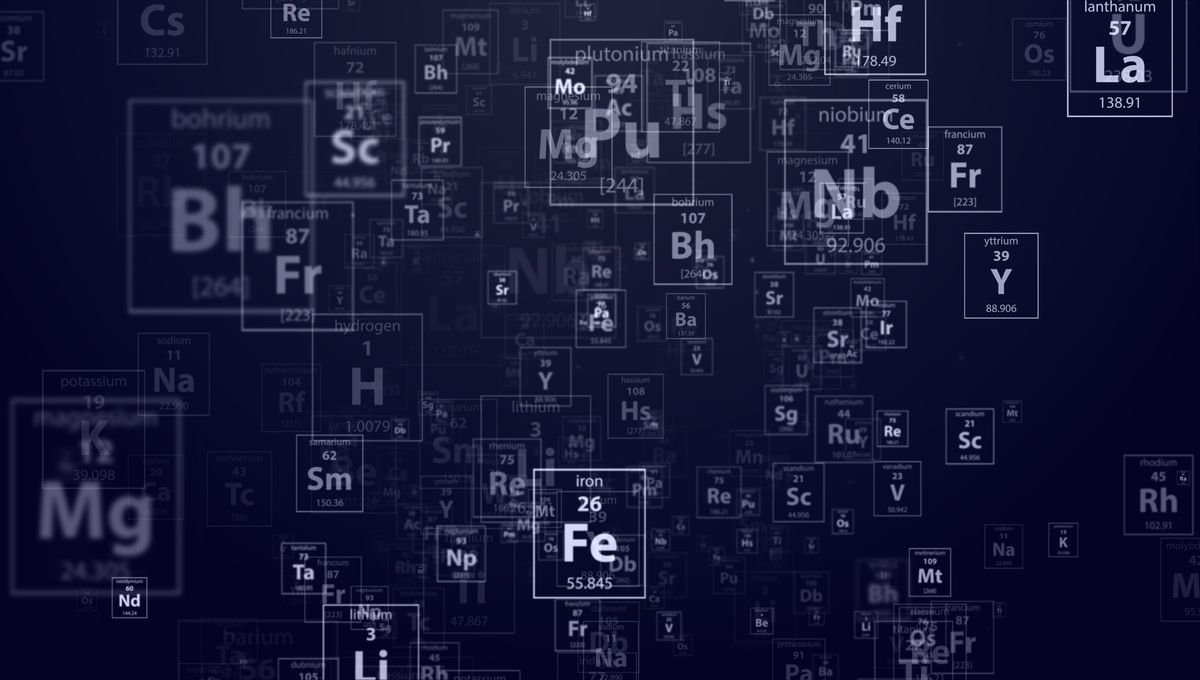Chemical Chaos: The Impossible Periodic Table Puzzle That Stumps Scientists

At the heart of this profound impossibility lies a deeper truth about the fundamental nature of reality itself. The barrier we encounter is not merely a technical limitation, but a profound philosophical insight into the very fabric of existence. Our understanding of reality is challenged by an intrinsic complexity that defies simple explanation or resolution.
This limitation reveals something far more profound than a mere scientific or logical constraint. It speaks to the intricate, mysterious nature of our universe—a realm where absolute certainty dissolves into nuanced uncertainty. The boundary we've discovered is not just a wall we cannot cross, but a window into the deeper, more enigmatic aspects of our cosmic experience.
What emerges is a humbling recognition: our perception of reality is inherently limited, shaped by constraints we are only beginning to comprehend. The impossibility we face is not a defeat, but an invitation—a call to explore the profound mysteries that lie just beyond the edges of our current understanding.

